If I were to move to the United States of America I would be in their eyes, foreign, or on the other hand as a considerable percentage of the population may be able to trace their ancestry back to the Pilgrim fathers from Great Britain, perhaps it is they who are foreign.
I suppose the only people who can truly declare themselves as true Americans and not foreigners are the indigenous native Americans and yet as the people who once owned the entire country, they seem to have drawn the short straw in regard to ownership of the land where they and the buffalo used to roam.
When I was young there used to be a tune played on the wireless called Home on the range and as a child I had never listened to the words, but now as a man finding them it is quite a revelation, especially the two lines where the red man is pressed from his home and is very unlikely to return. Presumably the song must have been written by a white foreigner as later he asks if their glory exceeds that of ours and in the last verse when summing up driving the red man from his land, he now proclaims as the new owner, that he would not exchange his home on the range where the deer and the antelope play. All this from a little tune I used to hear on the wireless as a child.
Oh give me a home where the buffalo roam,
Where the deer and the antelope play,
Where seldom is heard a discouraging word,
And the skies are not cloudy all day.
Chorus Home, home on the range,
Where the deer and the antelope play,
Where seldom is heard a discouraging word,
And the skies are not cloudy all day.
Where the air is so pure, and the zephyrs so free,
The breezes so balmy and light,
That I would not exchange my home on the range,
For all of the cities so bright.
The Red man was pressed from this part of the west,
He’s likely no more to return,
To the banks of the Red River where seldom if ever
Their flickering campfires burn.
How often at night when the heavens are bright,
With the light from the glittering stars,
Have I stood there amazed and asked as I gazed,
If their glory exceeds that of ours.
Oh, I love these wild flowers in this dear land of ours,
The curlew I love to hear cry,
And I love the white rocks and the antelope flocks,
That graze on the mountain slopes high.
Oh give me a land where the bright diamond sand,
Flows leisurely down in the stream;
Where the graceful white swan goes gliding along,
Like a maid in a heavenly dream.
Then I would not exchange my home on the range,
Where the deer and the antelope play;
Where seldom is heard a discouraging word,
And the skies are not cloudy all day.
I have noticed in America there is a tendency to refer to one’s previous homeland when describing one’s ethnic group, for example to call oneself an Irish American, a German American or an African American, strangely declaring oneself as a foreigner in one’s own land.
As someone who was adopted at the age of one and brought up by British people I have always thought of myself as British, however having delved into my history I find that my birth father was Irish and were I in the United States of America I might therefore declare myself to be an Irish Englishman. All well and good, except for the fact that my birth mother was Scottish, which then leaves me declaring myself as an Irish, Scottish, Englishman. You may now see why those of us from Great Britain find it hard to come to terms with the American habit of combining ethnic groups to describe oneself. Lord knows what would have happened had I moved to America and had children with an African American woman, how on earth would we have described our offspring then.
Actually on reflection I have though of a way we could have described ourselves which even under the American system would have encompassed all our ethnic origins, I therefore declare myself and everyone else I know to be a human being.






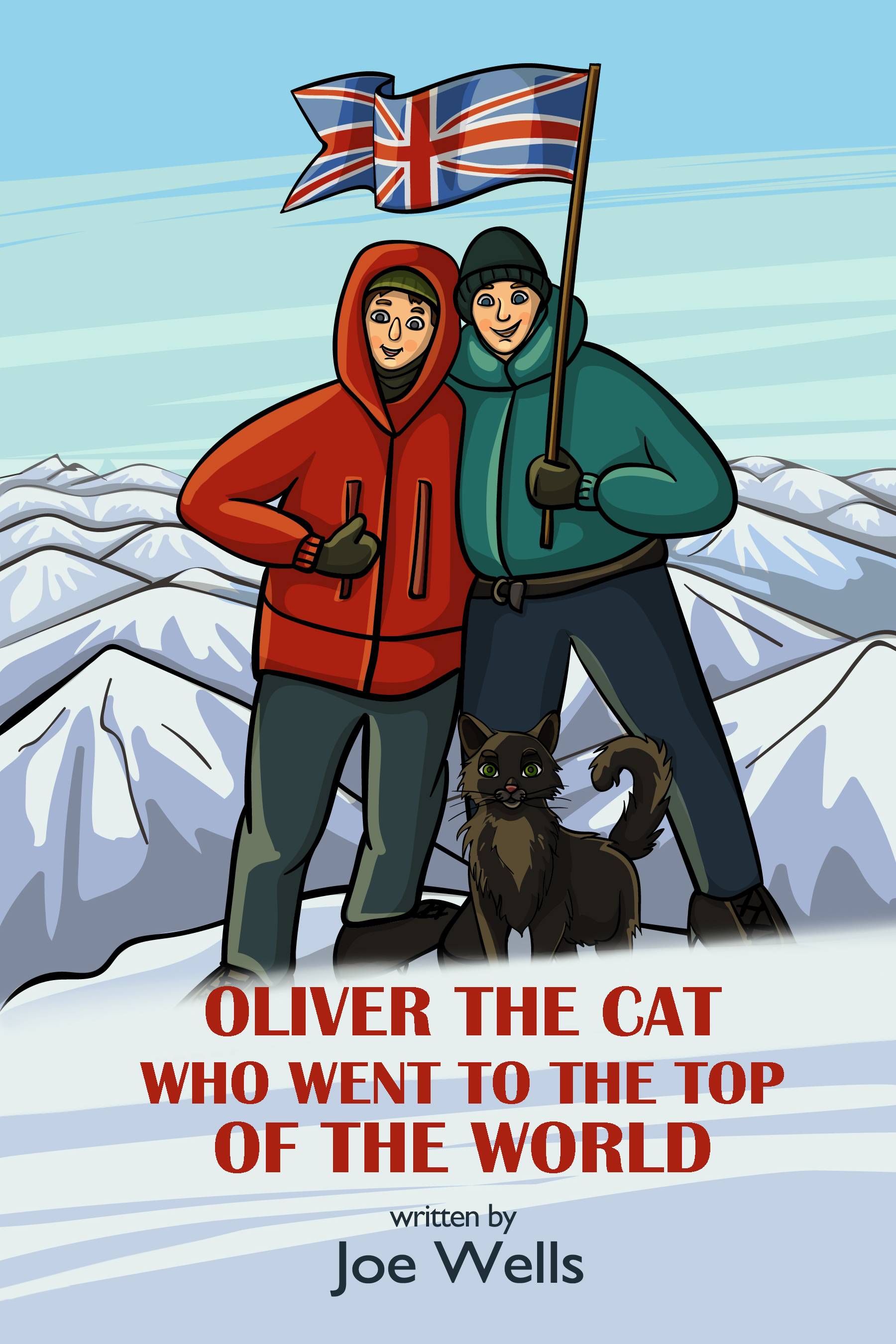
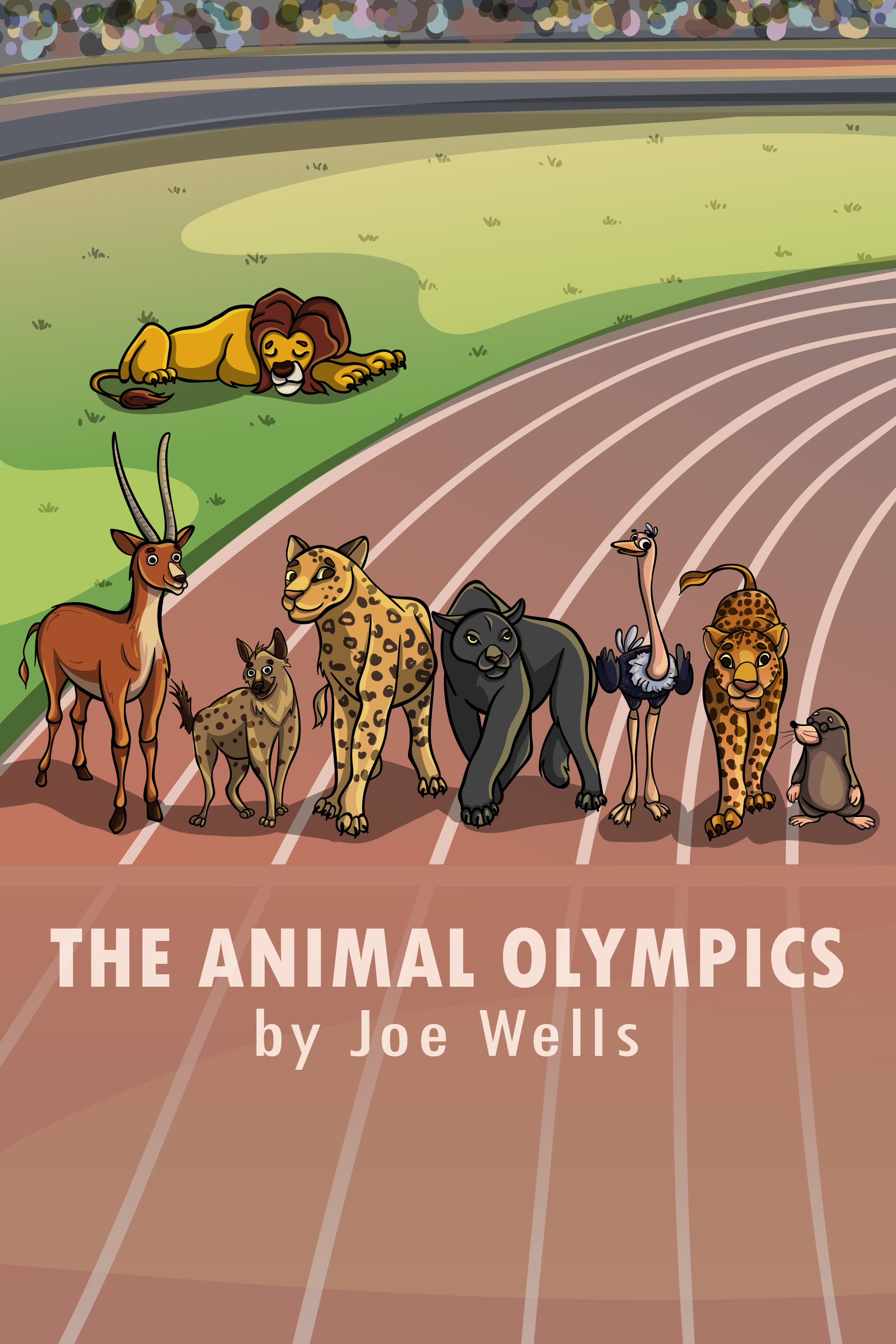
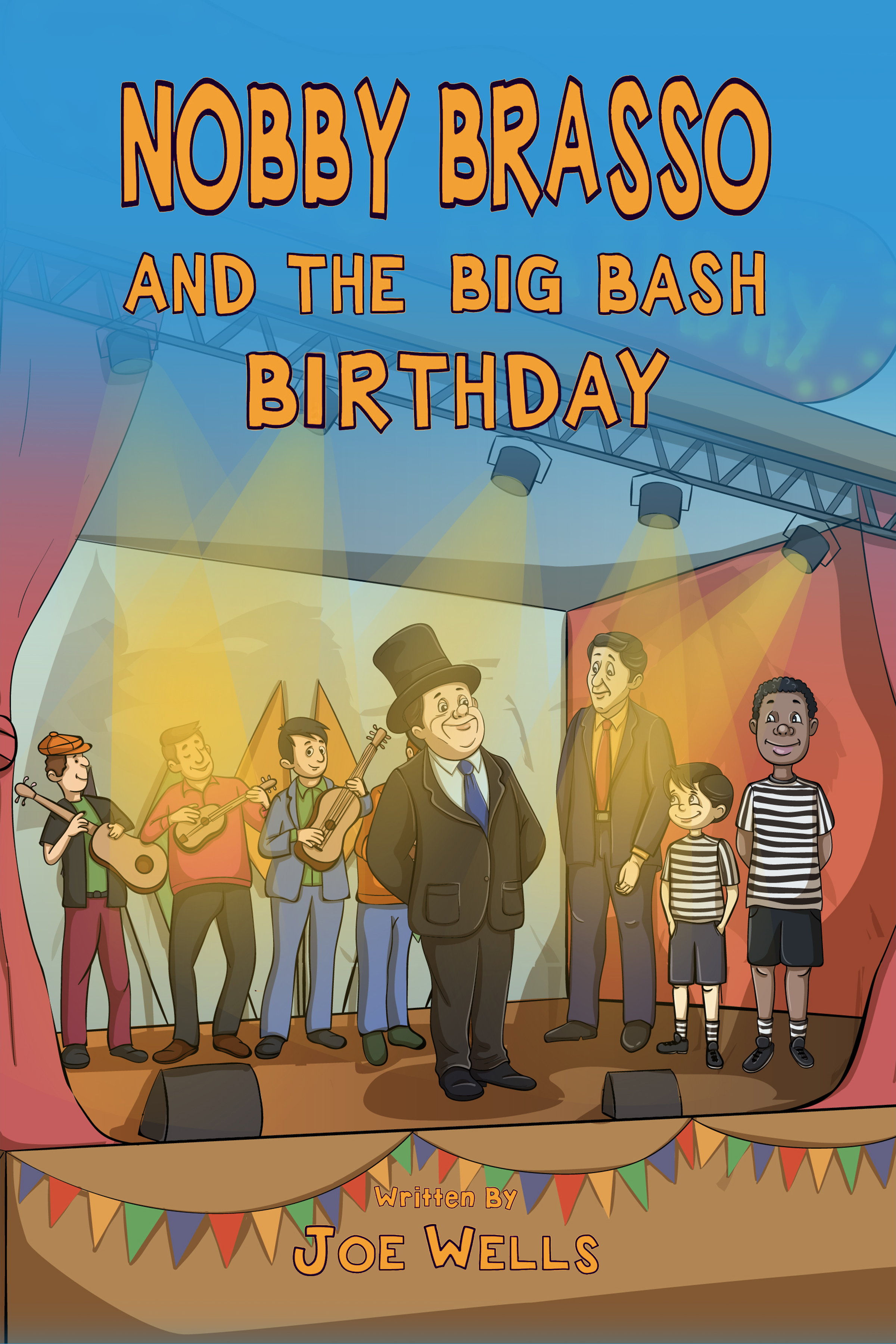
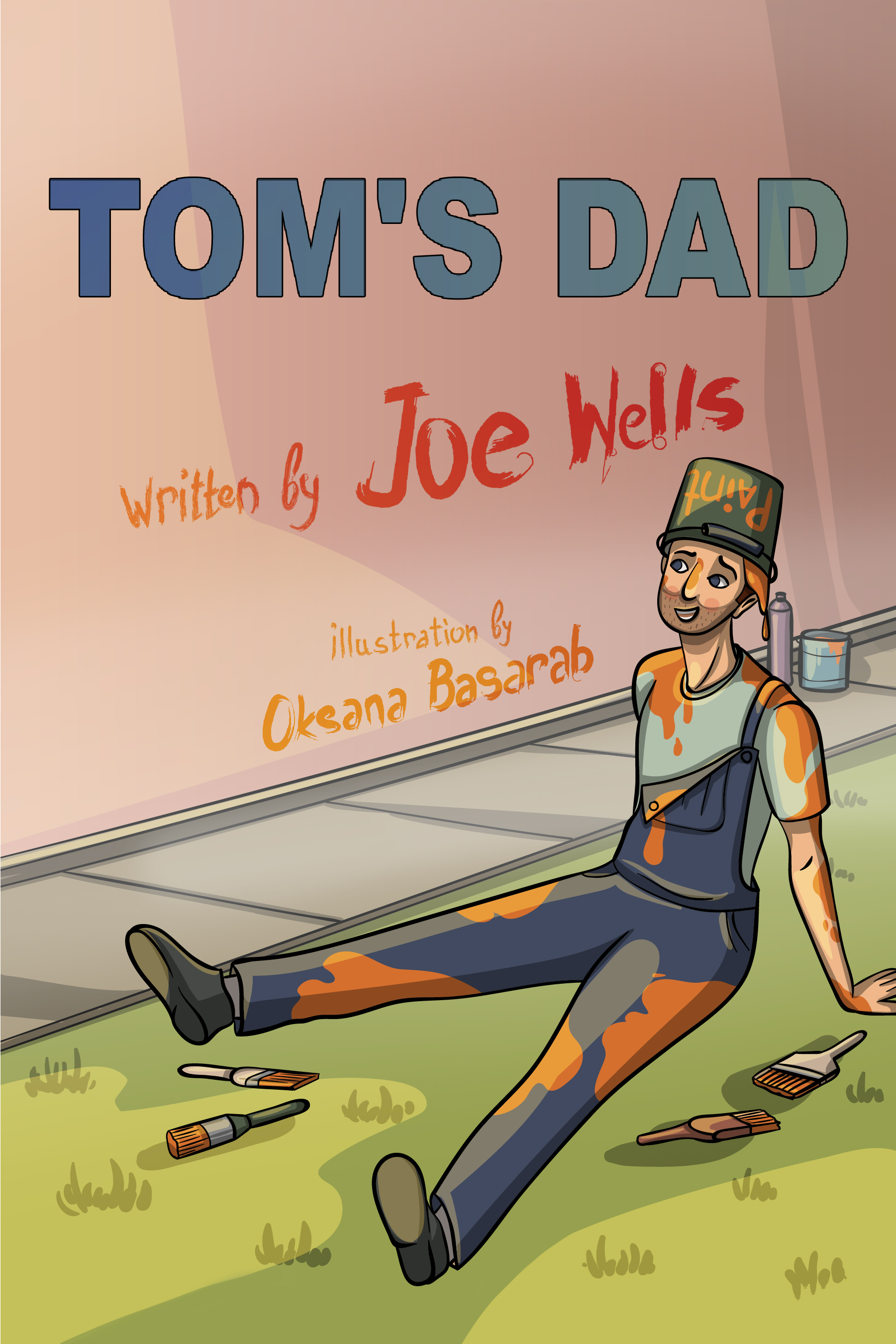
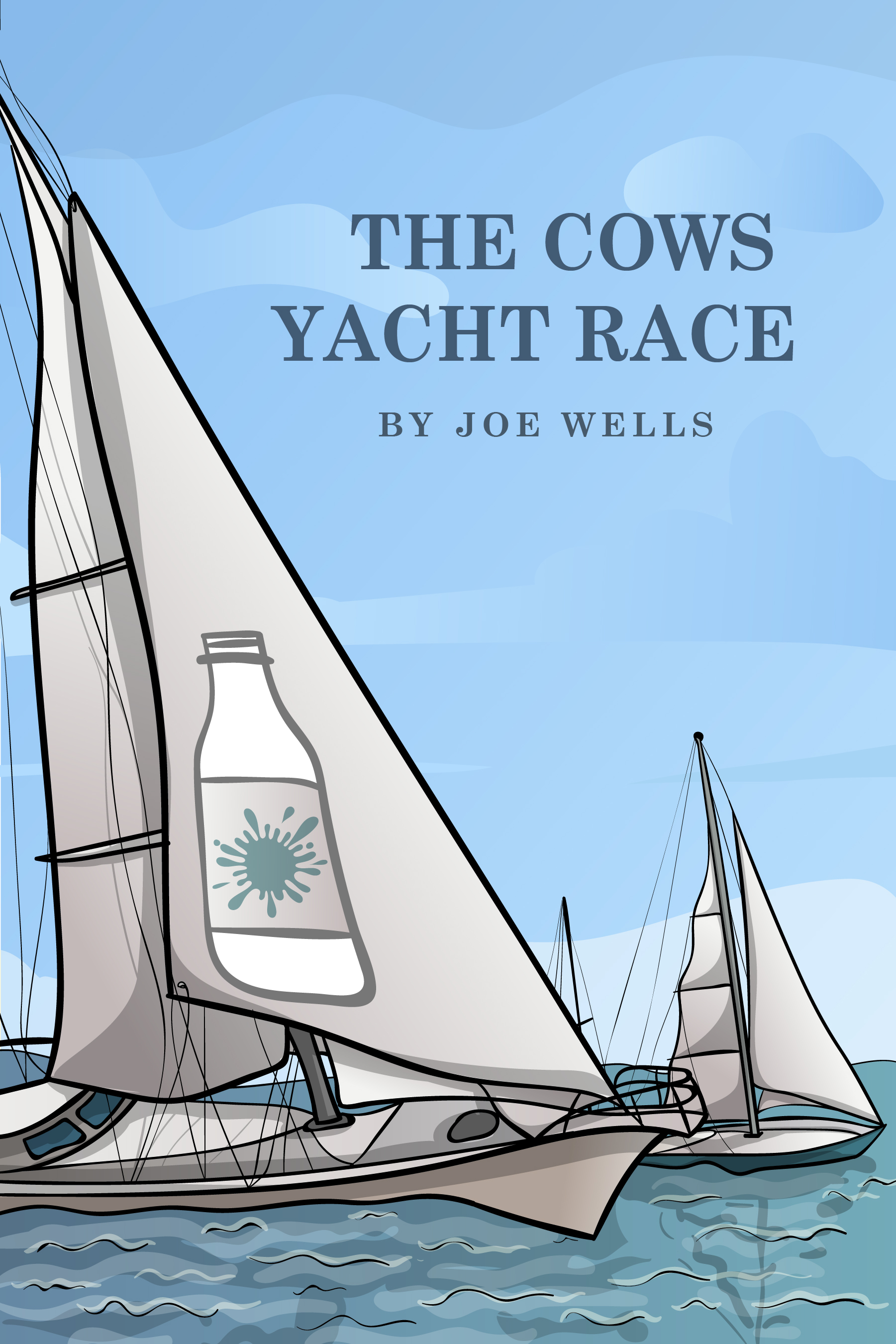

I’m sure the folks who used to sing this ‘idyllic’ song never realised the full extent/meaning of the lyrics.
Yes, I’m sure you’re right there.
I myself am more French than I am English, as I am a sixteenth Irish. Everyone’s a bastard at some point, and the sooner we accept that, the happier we’ll all be.
Exactly!